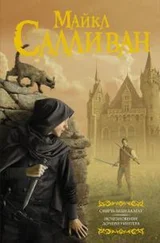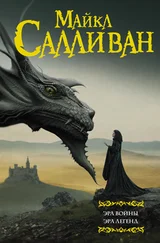It hangs in there. She props the hood and calls the mechanic from the parking lot. I know that when he arrives, he won’t find anything wrong with it. Mechanically, it’s always been fine, and I no longer care to possess it.
I need to follow Jael inside the somber, stone building. I need to put her search to rest. I remember enough on my own now, beginning with the sheriff’s unexpected visit and his even more unexpected line of questioning, and ending weeks later when, alone and destitute, I succumbed to a cough that had torn through my lungs since the night of that fire. The night that Gustaf died.
Jael must have caught at least some of what was said on the radio, because as she climbs the steps, her curiosity is so strong that I don’t even need to leech power from her electronics. I cling, instead, to each question running through her mind, the pieces of the puzzle she refuses to forget.
“Can I help you?” the young man at the reference desk asks. “What are you looking for today?”
“Just some information about a bit of local history. Something that happened back in the 1880s to a woman named Eliza Forsythe.”
“Why don’t we just check the computer here?”
What will they do, when they find out the truth? With how many people will they share my greatest secret? Will they engrave a placard for me, to match the war general’s? One with words like traitor and murderess etched too deeply for rain to wear away?
My panic rises. The lights flicker. The computer screen goes blank.
“Well, that’s not good,” the librarian says, frowning and pressing the power button. “I’ll have to have the IT department see if they can fix it. For now, looks like we’ll have to go low-tech. We’ve got the old card catalog right here, and the microfiche over there. You know how to use them?”
Jael nods, already passing her fingers over the cards. I read over her shoulder, skimming through the subjects, relieved at each card and film roll that does not bear my name. Minutes and hours pass like lifetimes, and as false hopes dissolve and leads dead-end, I begin to fade away. I’m pulled by the tedium and forgetfulness back toward the rest of my quiet, forgotten plot.
And then she finds something.
On faded newspaper, in black and white, they lay my story bare.
“A fire occurred last evening at the Forsythe ranch, resulting in one death,” Jael reads aloud, and I smell the smoke, the coal, the flames. “The fire began in the blacksmith shop, where twenty-five-year-old Gustaf Forsythe was working. Sheriff Ruesman reports that he had stopped by the ranch earlier that day to investigate a claim that the blacksmith was aiding rustlers in altering the brands of stolen cattle with the use of running irons. The man’s younger sister, Elizabeth Forsythe, had attested to the fact that her brother was in possession of the tools in question, and the sheriff was in the process of procuring a warrant when the alarm went up. Despite rescue attempts, the young man perished in the fire.”
The paper passes over the anger on Father’s face, the horror found on Mother’s as I stumbled, coughing, from the too-hot building after yelling my throat raw, trying to find Gustaf in the smoke. It misses their words that cut at my heart, telling me I’m no longer their daughter, no longer welcome in their home. There’s no indication, either, of my final weeks that followed, relying on the charity of strangers as my cough worsened and my body gave up.
Jael’s eyes are fixed to the page, and mine are fixed on her. I want to scream. I want to cry. I want to throw the books from the shelves and upend the table, and my memory is so fresh in her mind, so vivid to her, that I’m certain I could if I tried, but what good would it do now? She already knows. So I wait.
She taps her stylus on her tablet, her eyes flicking to the most recent messages there. And then, without another word, she rewinds the microfiche, tucks the film into its dust-coated box, packs up her belongings, and leaves.
This time I don’t follow. I allow myself to float away.
* * *
The next time I see her, she’s not alone.
“Tyson, this is Eliza. Eliza, my brother Tyson.”
The family resemblance is strong, though he’s taller, and his brow is creased with wariness while hers is smooth with determination.
“I don’t get it, Sis. What’d you bring me to this dump for?”
“It’s not a dump,” Jael says. “I need to tell you her story.”
I whip a wind of protest around them. Tyson’s eyes go wide.
“Please, Eliza,” Jael whispers. “Trust me. He needs to hear this. I’m sorry you couldn’t save your brother, but maybe your story can help me save mine.”
I fall silent and listen as she tells my story. Not my brother’s story of his meddling younger sibling who ruined his prospects and made his life not worth living. Not my father’s story of a hard-earned reputation, which he’d spent years trying to polish and preserve, coming to an end in a pile of ash. Not my mother’s story of a family torn apart by the secrets and lies.
Mine.
And perhaps it’s because she’s the first person to take notice of me in so many years, but the story she tells is true. Truer and more accurate than even I had remembered.
It’s the story of a woman who’d seen proof of the path her brother had chosen, who’d approached him to convince him to stop, but who—when presented with the choice between becoming complicit and doing what was right—followed her conscience, even knowing what it would mean. She’d refused to let him make her life a lie.
And I remember it now: standing with his heavy anvil between us as I tell him what I know.
“What of it?” He stokes the fire, sending sparks flying.
“I’m not stupid, Gustaf. I know what running irons are used for, and what’s more, I know who uses them. Those cowboys you met with late the other night? I know they aren’t from around here. And I know they aren’t the first.”
He chuckles. “Do you also know how well they pay? How many of your precious seed packets that work has bought for you? How many heads of cattle for Father?”
“Father says the sheriff’s on his way. Says he wants to ask about some men who might have been through here lately.”
“Let them ask. It’s only you and me who know, and I know you’ll tell a convincing tale.”
“No, Gustaf. I won’t,” I say, backing out of the shop. “You’ll tell them about those rustlers, or I will. I can’t be complicit in this.”
“And I can’t either,” Jael says quietly. “I know the interview is a sham, Tyson. You need help. And when you’re ready to accept that help, I’m here for you, but I won’t let your lies become my own.”
She leaves then, but I know she’ll be back. She’ll be back, not with a placard to set before my stone, but with stories and friendship and maybe someday flowers: tiny, blue forget-me-nots that won’t obscure my name. And I find myself, though aching for rest, looking forward to her visits and feeling . . . hopeful.
Hopeful for the man still standing before me, frowning down at the weather-worn headstone. His hands are strong and shoulders broad, like Gustaf’s, and I use this opportunity, this last bit of strength before he moves on, to whisper in his ear:
“Remember.”
Wendy Nikel is a speculative fiction author with a degree in elementary education, a fondness for road trips, and a terrible habit of forgetting where she's left her cup of tea. Her short fiction has been published by Analog, Nature: Futures , Podcastle , and elsewhere. Her time travel novella series, beginning with The Continuum , is available from World Weaver Press.
Читать дальше
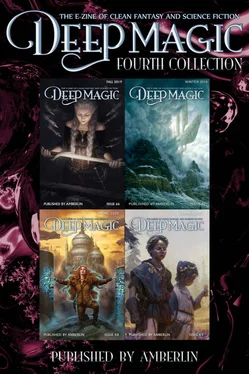
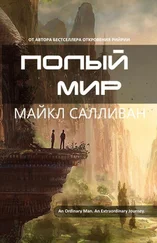
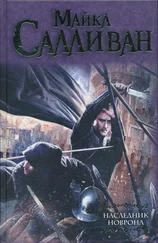
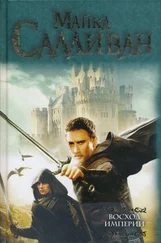
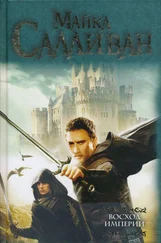
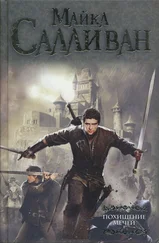
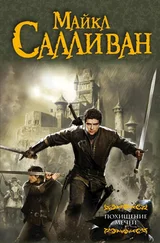
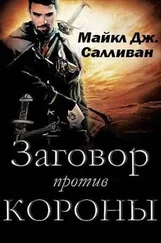
![Майкл Салливан - Эра войны. Эра легенд [3-я и 4-я книги серии] [сборник litres]](/books/388627/majkl-sallivan-era-vojny-era-legend-3-ya-i-4-thumb.webp)
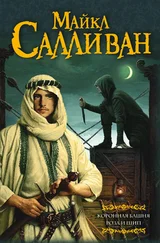
![Майкл Салливан - Смерть леди Далгат. Исчезновение дочери Уинтера [сборник]](/books/399107/majkl-sallivan-smert-ledi-dalgat-ischeznovenie-do-thumb.webp)
